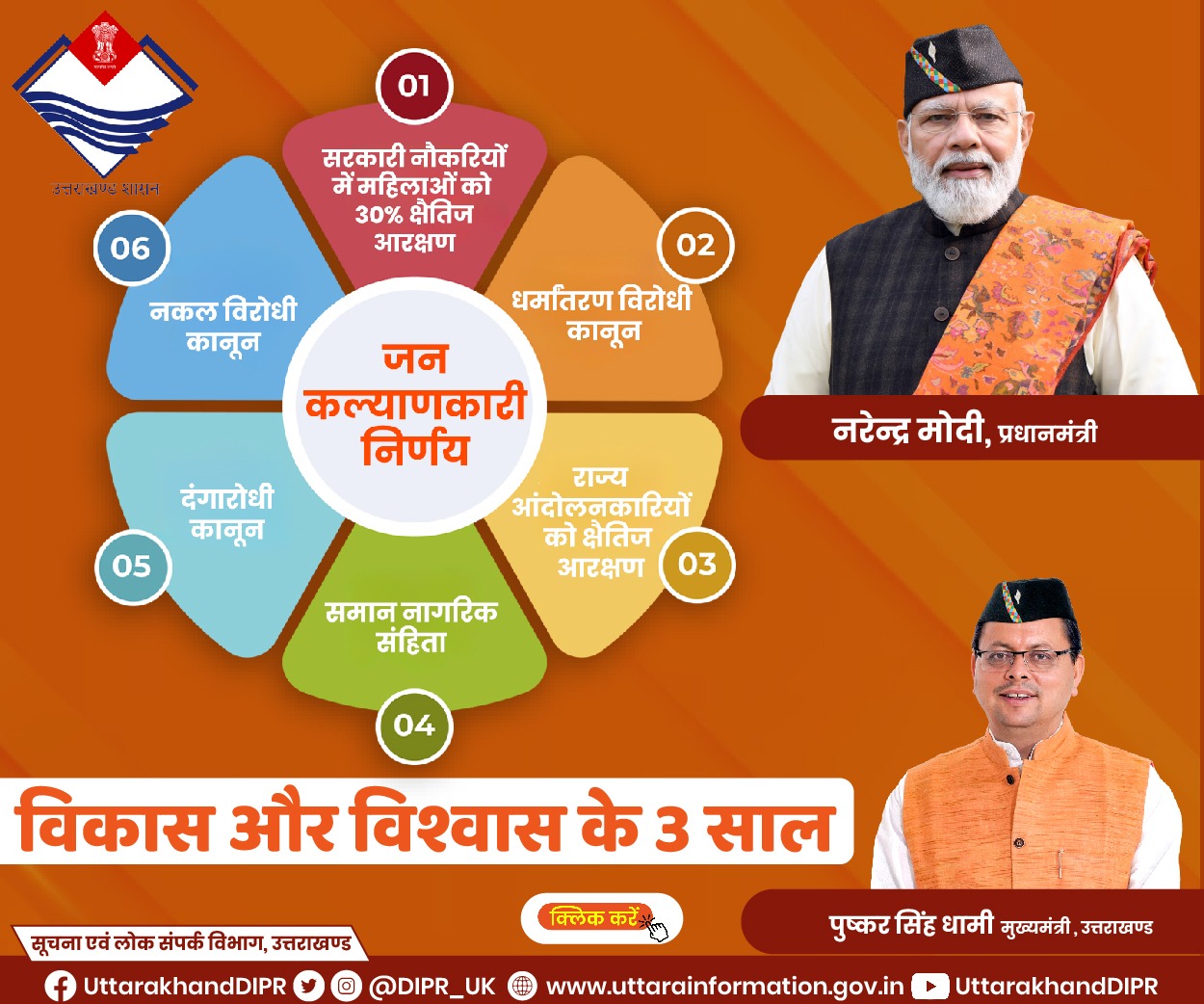Chief Justice DY Chandrachud of India asked crucial questions concerning the assurance against potential “misuse” of state bifurcation authority once provided to the Central government.
New Delhi: The Supreme Court called attention to the analogous problems faced by Punjab and the Northeast, casting doubt on the necessity of separating the border state in August 2019.
Chief Justice DY Chandrachud, India’s highest-ranking jurist, also investigated the methods for protecting against any “misuse” of the Central government’s state bifurcation power. This probe sparked a broader debate about why the complex issue of state division couldn’t be handled through parliamentary consensus.
The Central government argued that Jammu and Kashmir’s position was exceptional during the eleventh day of hearings on a series of petitions challenging the revocation of Article 370. “Parameters would differ if states like Gujarat or Madhya Pradesh were to be divided,” said Solicitor General Tushar Mehta.
The country is peppered with various states sharing borders, according to Justice SK Kaul, a member of the five-judge constitutional panel led by Justice Chandrachud.
Chief Justice Chandrachud responded to Mr. Mehta’s observation that the neighboring countries are “not amicable,” emphasizing the need to integrate Jammu and Kashmir into the mainstream due to its historical and current circumstances, including incidents such as “stone pelting, strikes, deaths, and terror attacks.”
“Once the Union is granted this authority over every state in India, how can we ensure that the anticipated misuse of this power does not occur?” he said.
“This is not an isolated scenario,” Justice Kaul added. We’ve seen difficult moments on the northern border in Punjab. Likewise, some northern states… If a situation emerges in which each of these states is confronted with this problem…”
“Does the parliament have the jurisdiction to convert an established Indian state into a Union Territory?” asked Chief Justice Chandrachud.
Adding to the debate, the court stated that even if the Constituent Assembly’s participation in enacting Article 370, which granted Jammu and Kashmir special status, was simply advisory, this should not suggest that the President of India can overturn it. Previously, the court stated that the government would need to substantiate the mechanism used to negate Article 370, as presuming that the “end justifies the means” would not enough.



